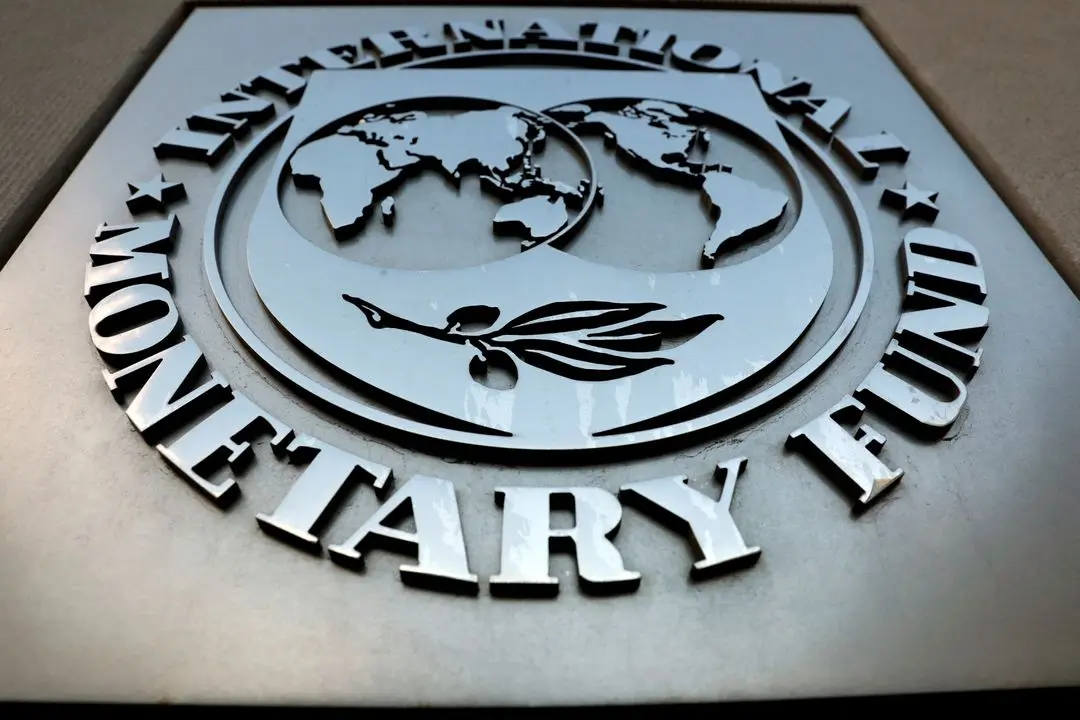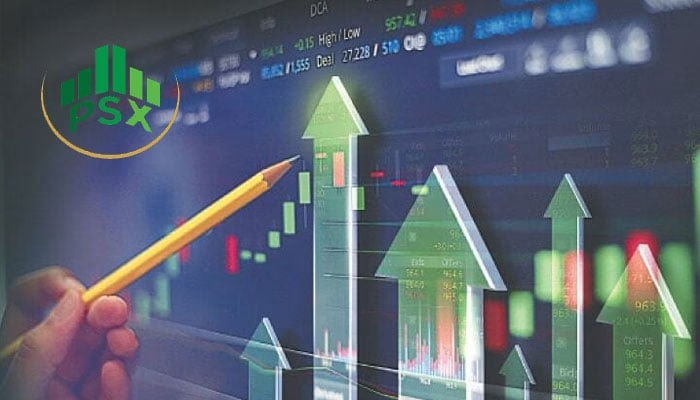Global finance leaders are set to convene in Washington this week, facing significant uncertainty due to ongoing conflicts in the Middle East and Europe, a sluggish Chinese economy, and concerns surrounding a contentious U.S. presidential election that could lead to new trade conflicts and weaken multilateral collaboration.
The annual meetings of the International Monetary Fund (IMF) and the World Bank are expected to attract over 10,000 participants from finance ministries, central banks, and civil society organizations, who will address initiatives aimed at boosting uneven global growth, tackling debt challenges, and financing the transition to green energy.
However, a looming concern for many attendees is the possibility of Republican presidential candidate Donald Trump winning the election on November 5, which could dramatically alter the international economic landscape through increased tariffs, changes in borrowing strategies, and a retreat from climate cooperation.
Josh Lipsky, a former IMF official and current head of the Atlantic Council’s GeoEconomics Center, emphasized that the outcome of the U.S. election is arguably the most pressing issue for the global economy, despite it not being on the official agenda. He pointed out that the election’s result will influence trade policies, the future of the dollar, and the selection of the next Federal Reserve chair, affecting countries worldwide.
If Democratic candidate Vice President Kamala Harris prevails, she is anticipated to maintain the Biden administration’s commitment to multilateral efforts related to climate, taxation, and debt relief.
As the meetings commence on Monday and gain momentum later in the week, they may be the last for U.S. Treasury Secretary Janet Yellen, who has played a crucial role in advancing multilateral economic and climate initiatives during the Biden administration. Yellen has indicated that she plans to conclude her public service at the end of President Biden’s term in January.
Discussions will likely focus on the rising anti-China trade sentiment and the industrial policies being adopted by wealthier nations, particularly in light of the Biden administration’s significant tariff increases on Chinese electric vehicles, semiconductors, and solar products.
Economic Outlook and Global Challenges
On Tuesday, the IMF will provide updates on global growth forecasts. Managing Director Kristalina Georgieva has recently highlighted a sluggish outlook, noting that high levels of debt are contributing to slow medium-term growth, and she anticipates a “difficult future.” Nevertheless, she expressed a degree of optimism, pointing to areas of resilience, especially in the U.S. and India, which may help offset weaknesses in China and Europe.
While defaults among impoverished nations may have peaked, attendees at the meetings are expected to address the pressing issue of limited liquidity, which is causing some emerging markets burdened by high debt service costs to postpone development investments as foreign aid declines.
The context of this year’s meetings is underscored by last year’s event in Morocco, which coincided with the outbreak of violence in the region following Hamas’s attack on Israel, resulting in substantial casualties.
Georgieva warned that any escalation in the current conflicts that disrupt oil and gas supplies could have severe repercussions for the global economy.
Support for Ukraine will also be a prominent discussion point, with G7 nations aiming to finalize a political agreement by the end of October on a $50 billion loan for Ukraine, supported by frozen Russian sovereign assets. This loan is viewed as a crucial financial safeguard against a potential Trump victory, given his stated intention to withdraw U.S. support for Ukraine.
Despite the many concerns, officials from the World Bank and IMF plan to focus on productive discussions throughout the week, coinciding with the 80th anniversary of the founding of these institutions in 1944 at Bretton Woods, New Hampshire.
World Bank President Ajay Banga emphasized the need to accelerate project preparations using the bank’s expanded lending capacity and refine new strategies to enhance development outcomes. He expressed a desire to use the meetings not merely to acknowledge existing problems but to take actionable steps as institutions.



